Frequently Asked Questions
1. What are the different types of knives classified under knife laws?
2. Are there age restrictions for purchasing or carrying knives?
3. What is the difference between concealed carry and open carry of knives?
4. Are there specific knives that are prohibited in certain states?
5. Why is it important to know knife laws before purchasing or using a knife?
Knife enthusiasts, whether seasoned collectors, outdoor adventurers, or culinary fans, often find themselves navigating a maze of laws and regulations regarding knife ownership and usage. Understanding these laws is crucial to ensuring safe and legal enjoyment of your favorite blades while also helping you choose the best Personalized Gifts for your fellow knife lovers. This article aims to illuminate the complex world of knife laws in various jurisdictions while highlighting considerations that all enthusiasts should take into account.
Understanding the Basics of Knife Laws
Knife laws can vary significantly from one location to another and are often influenced by the type of knife, its intended use, and other factors. Before making any purchase or taking your favorite knife out on an adventure, it’s important to familiarize yourself with the basic principles governing knife ownership. Here’s a breakdown:
Types of Knives and Their Classifications
Knives can be classified into several categories based on their design and intended use. These classifications often dictate the legality of owning or carrying them:
- Fixed-Blade Knives: Typically considered more dangerous, fixed-blade knives may have stricter regulations. They do not fold and are often used in hunting or survival scenarios.
- Folding Knives: These knives have a blade that folds into the handle. Regulations may vary based on whether the knife has a locking mechanism.
- Automatic Knives: Commonly known as switchblades, these knives open automatically with the push of a button. Most jurisdictions have specific laws governing their ownership and carry.
- Butterfly Knives: Also known as balisongs, these are illegal in many states due to their perceived dangerousness.
General Laws and Regulations
While the specifics can vary, several general principles guide knife laws in the United States:
Age Restrictions
Most states impose an age restriction for the purchase or carrying of knives. It’s vital to check the regulations in your area to ensure compliance.
Concealed Carry vs. Open Carry
Some states allow knives to be carried openly, while others may restrict concealed carry. Understanding where your knife fits in this context can prevent legal issues.
Prohibited Knives
States often have a list of knives that are outright illegal to own or carry. These typically include switchblades, daggers, and other knives deemed too dangerous. Always check your local laws before acquiring specific types of knives.
State-Specific Considerations
Knife laws are not federal but state- and local-specific, leading to a patchwork of regulations that can confuse even the most
Check out another user's Shopify or Wix store by clicking this store link. Note that this is a promotional link, and we assume no liability for the content of the linked store.






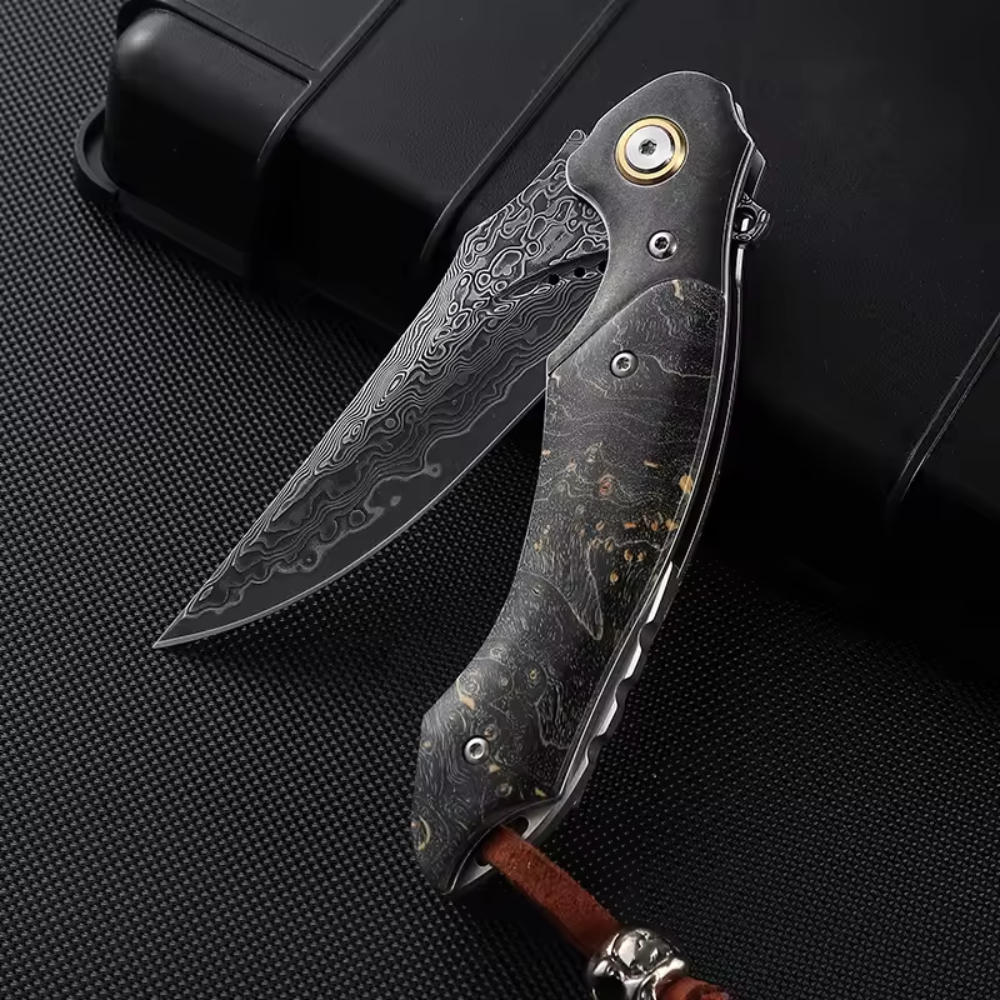
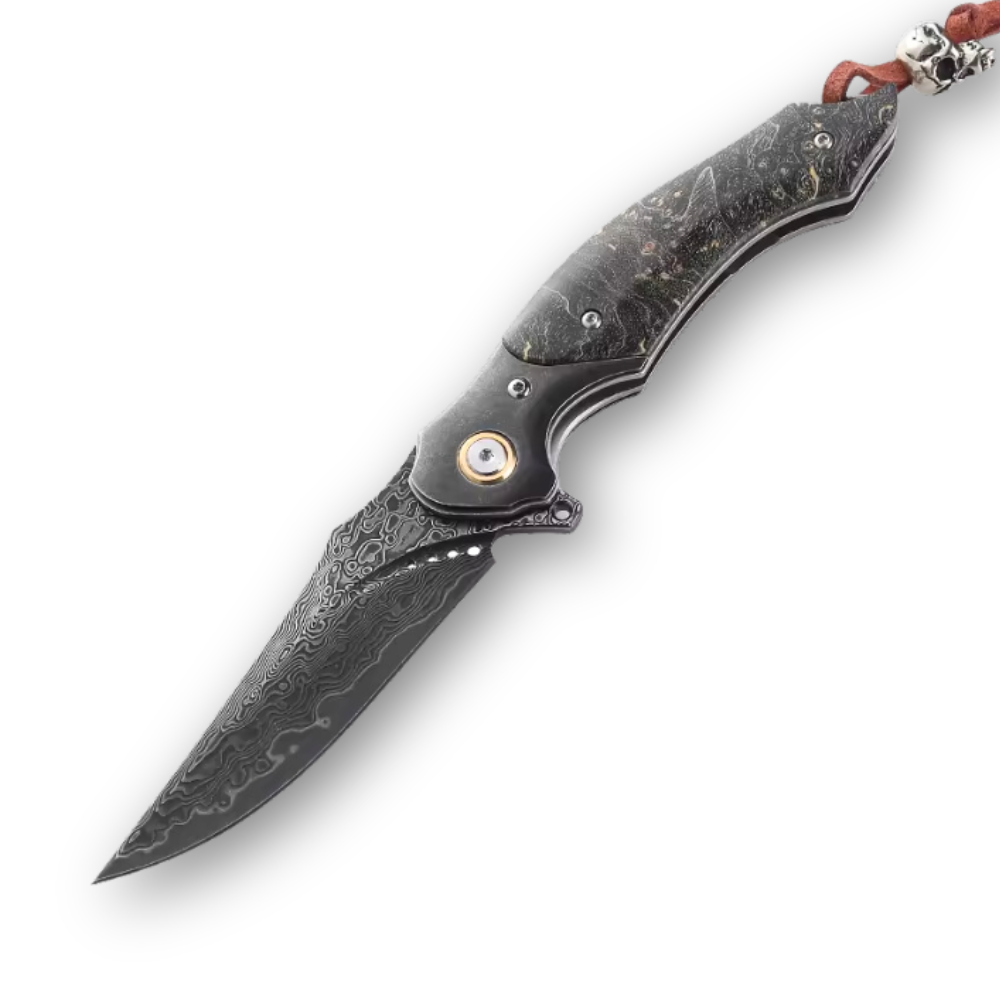

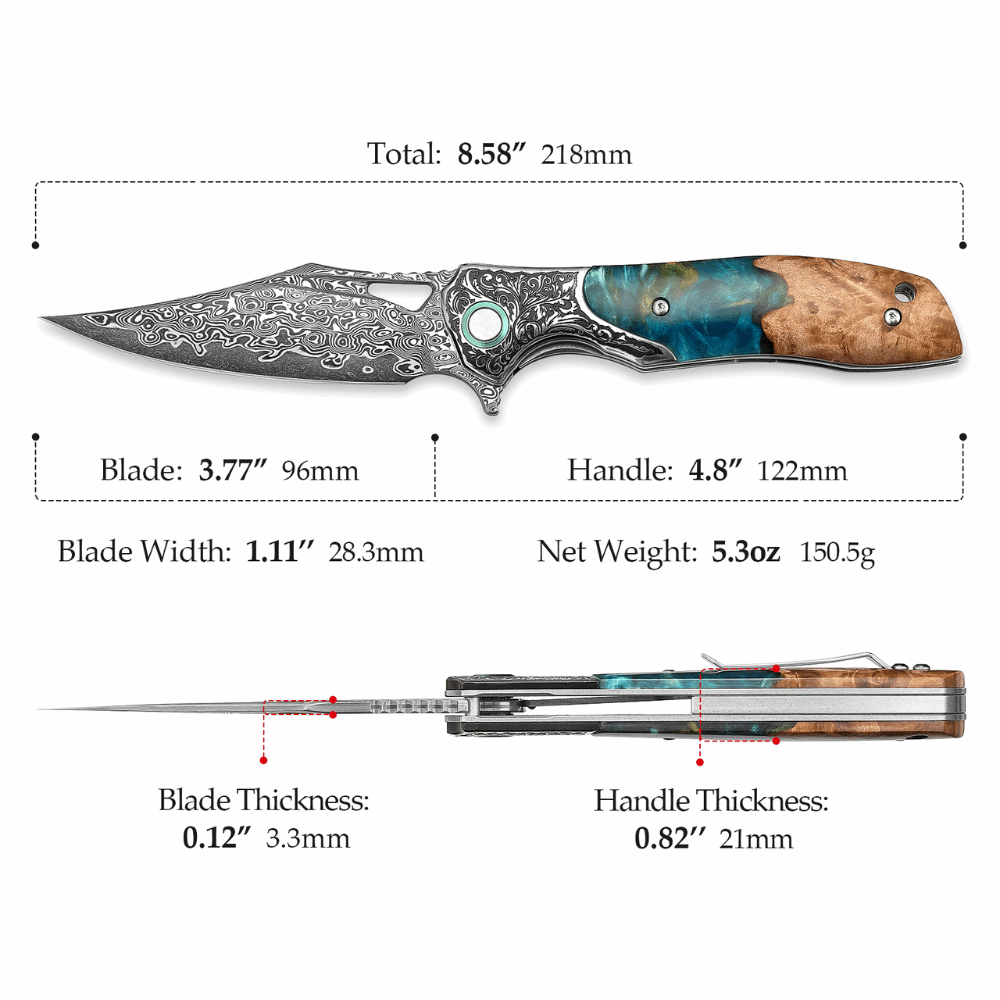
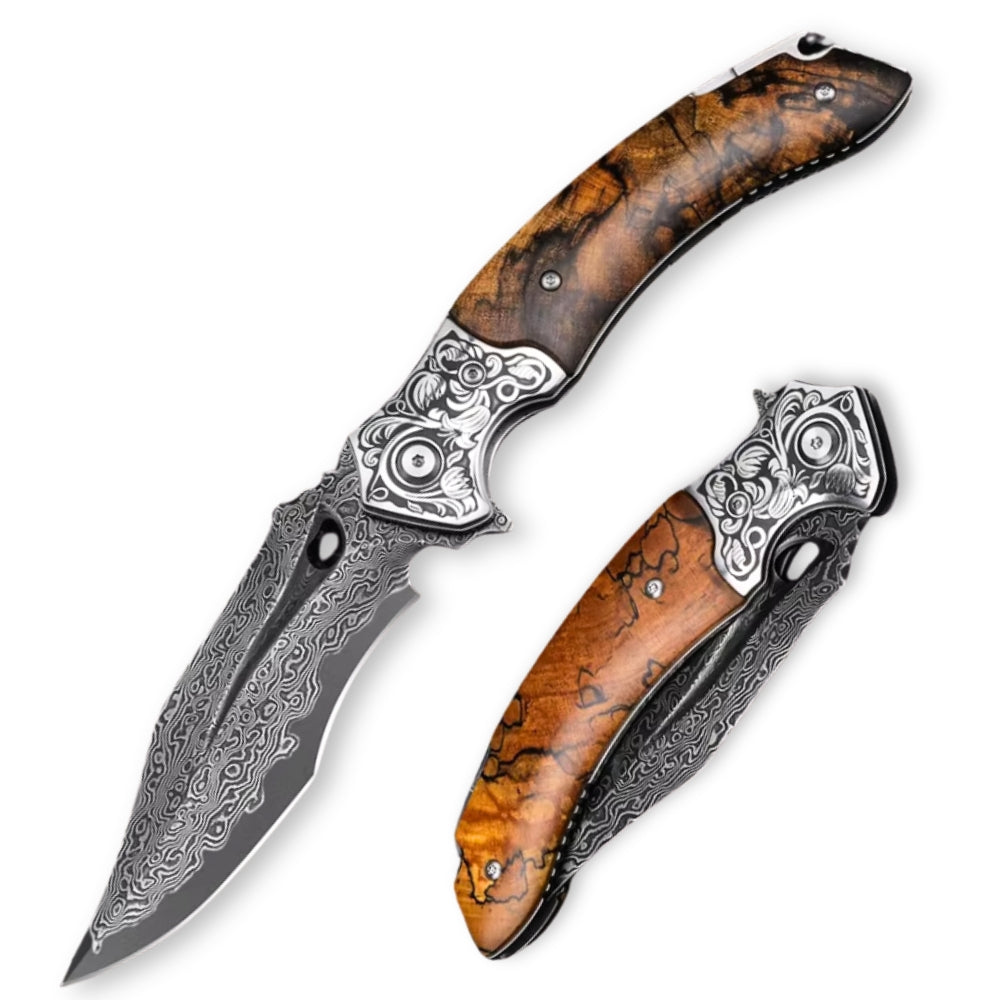
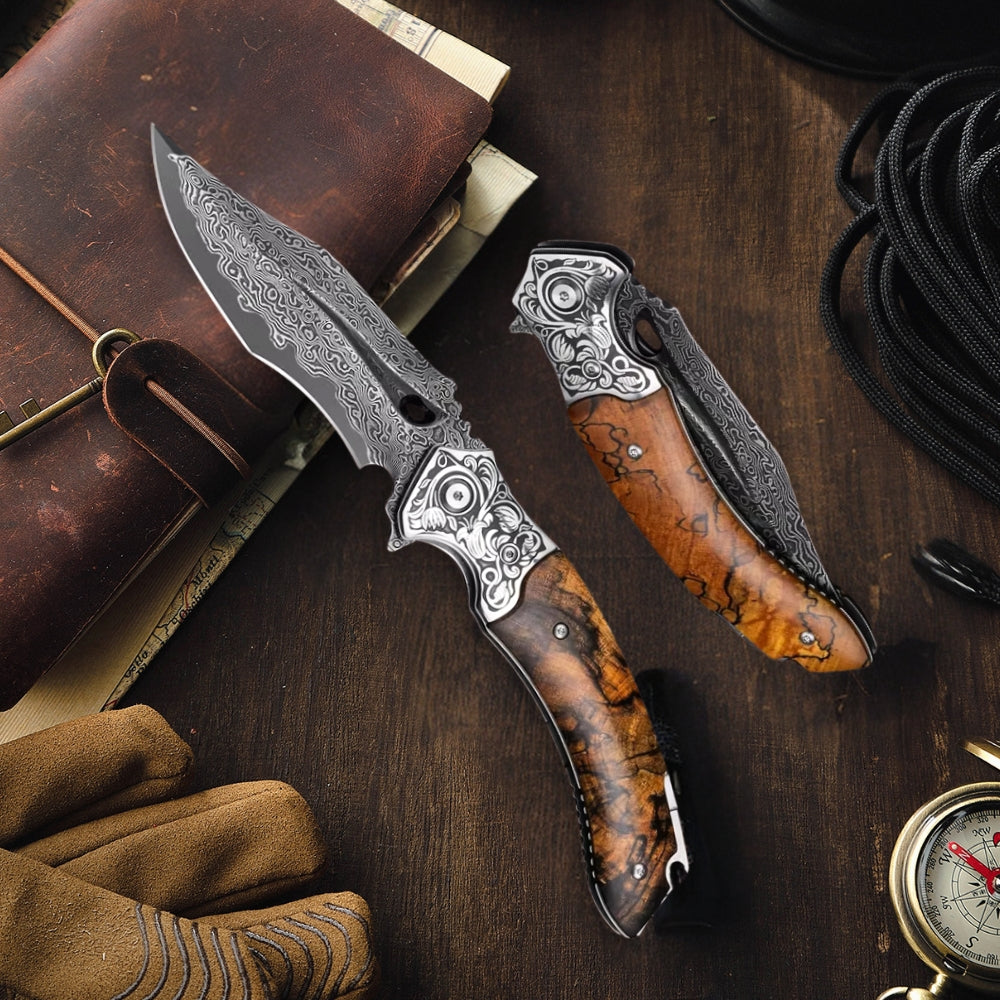
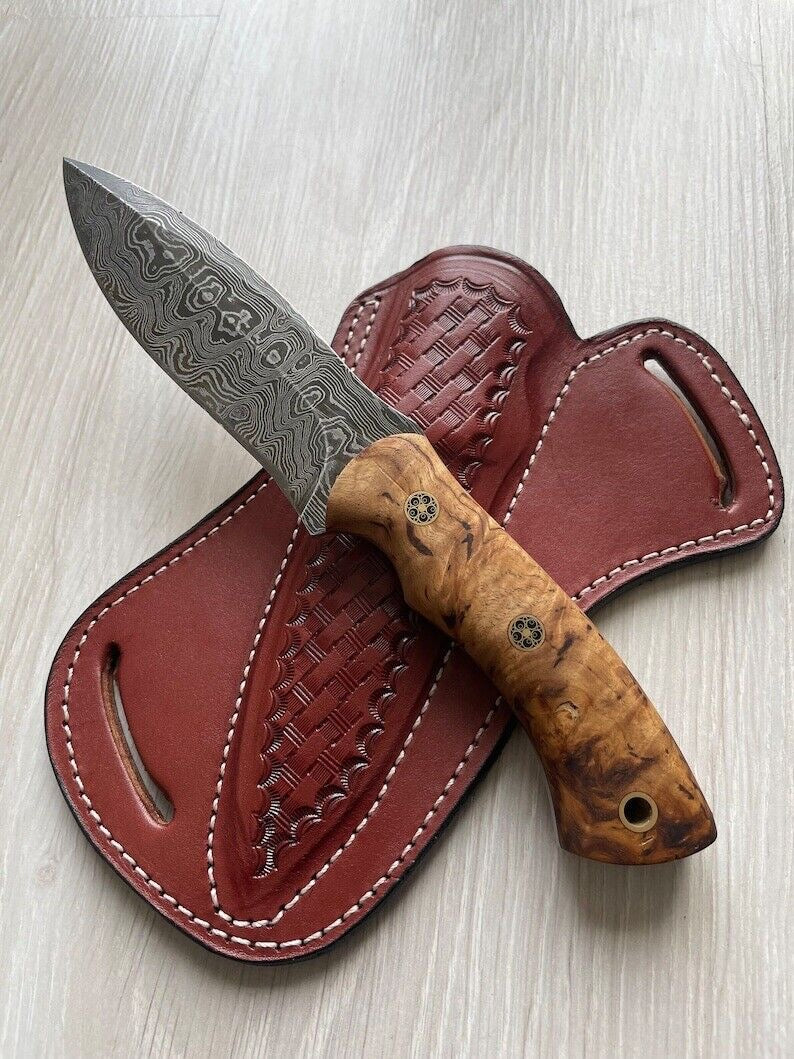
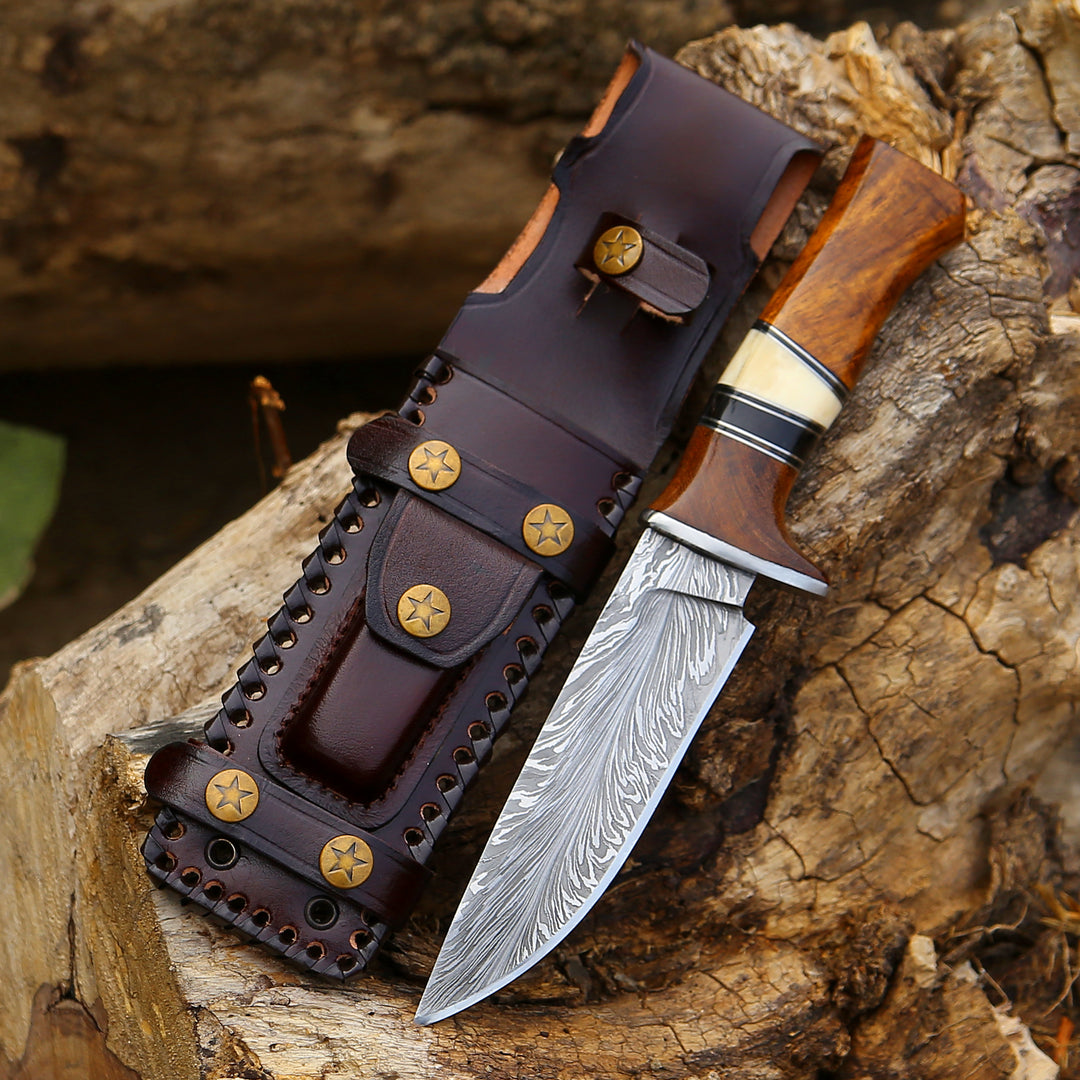
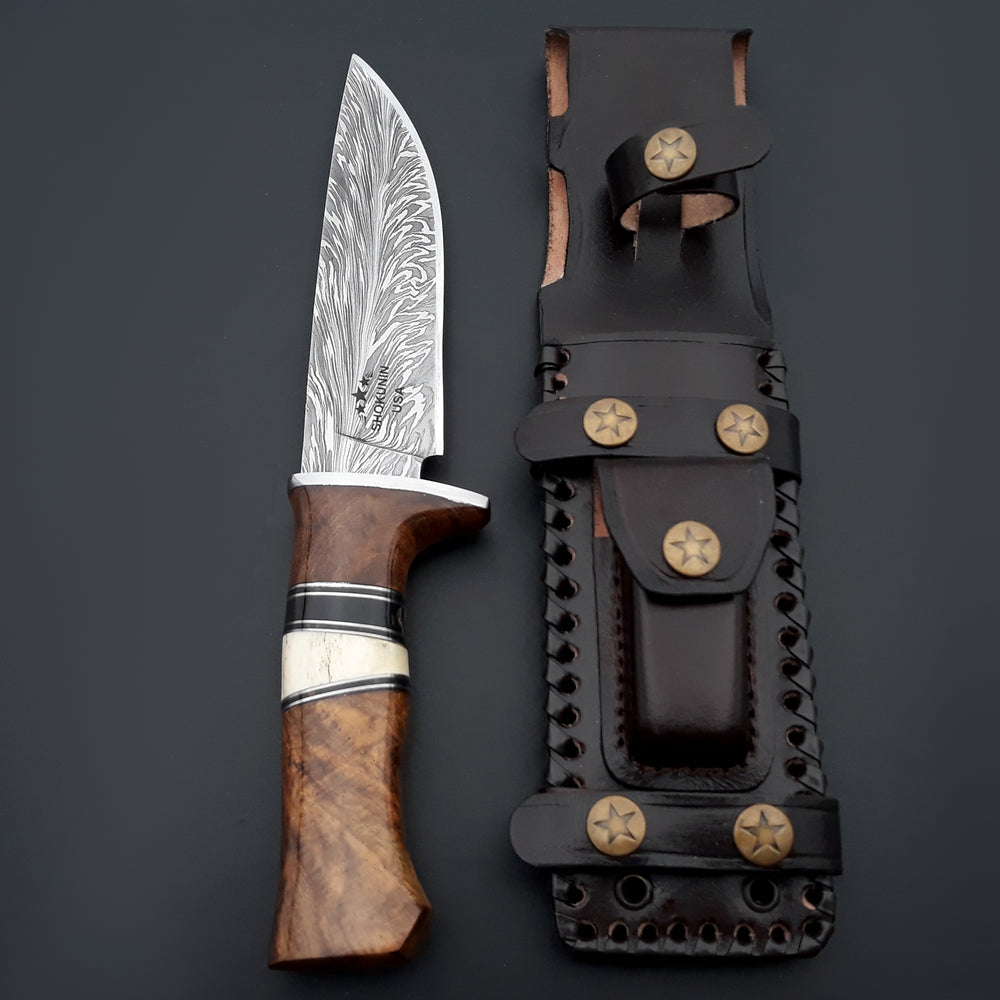
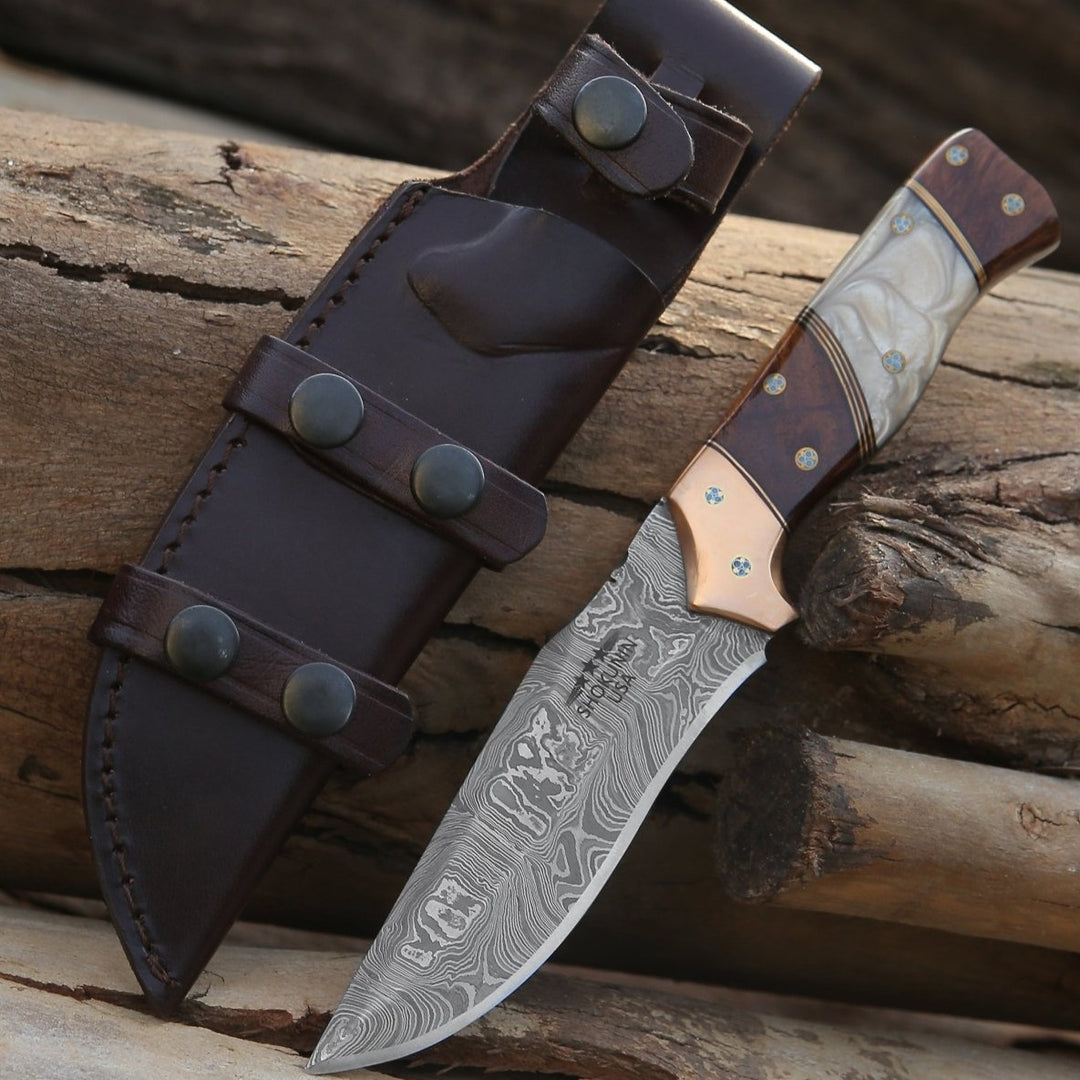
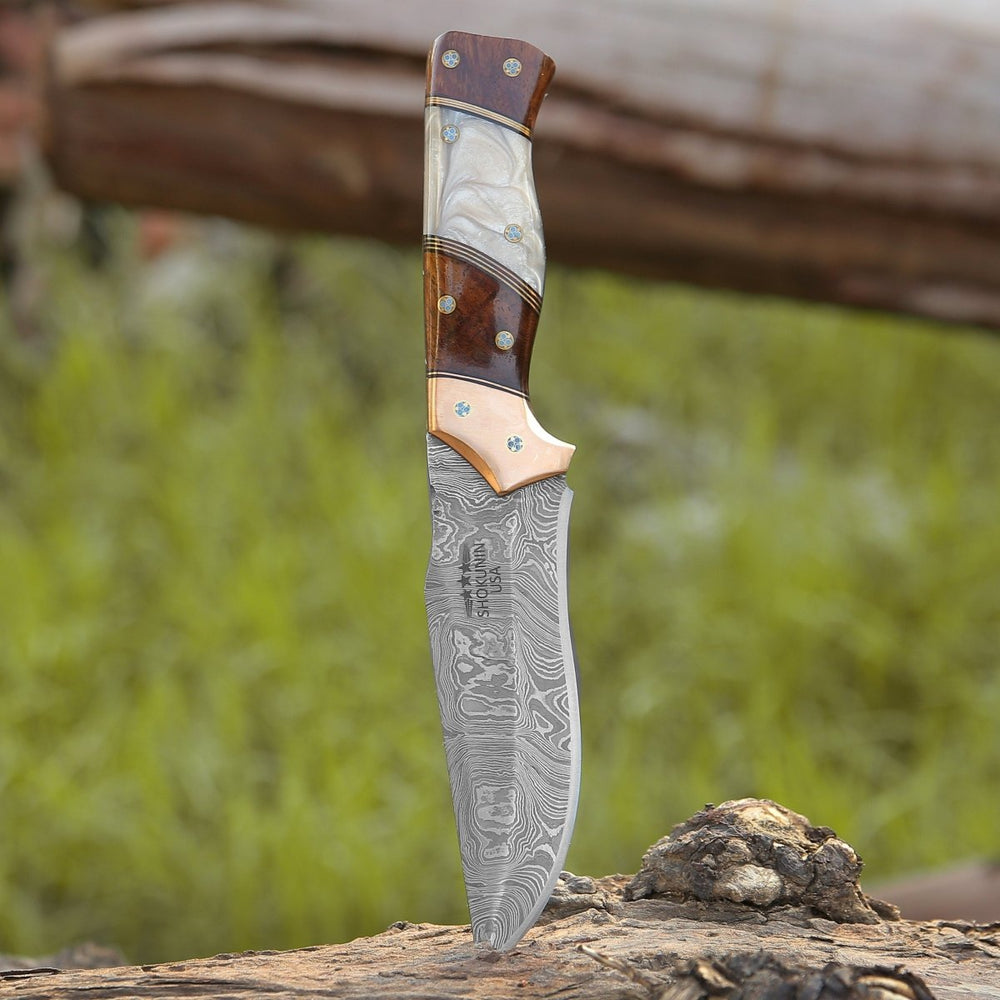
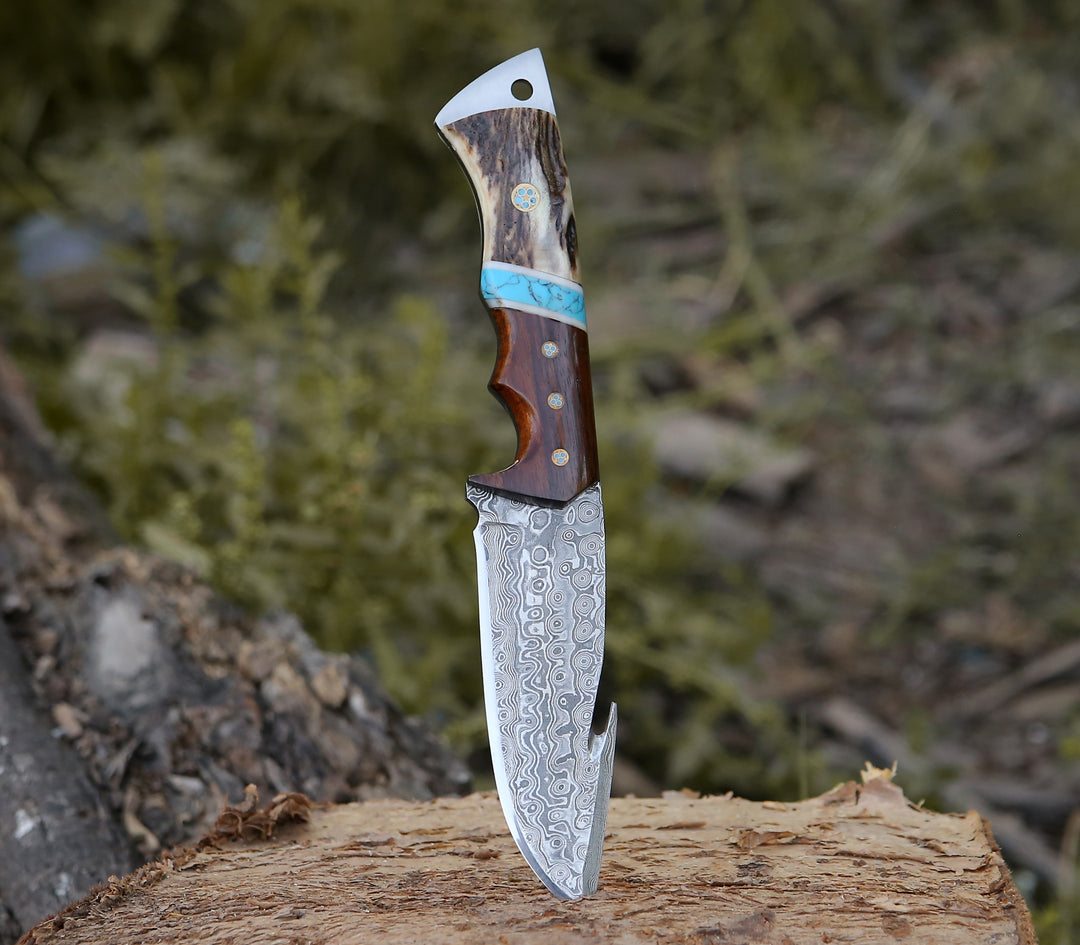

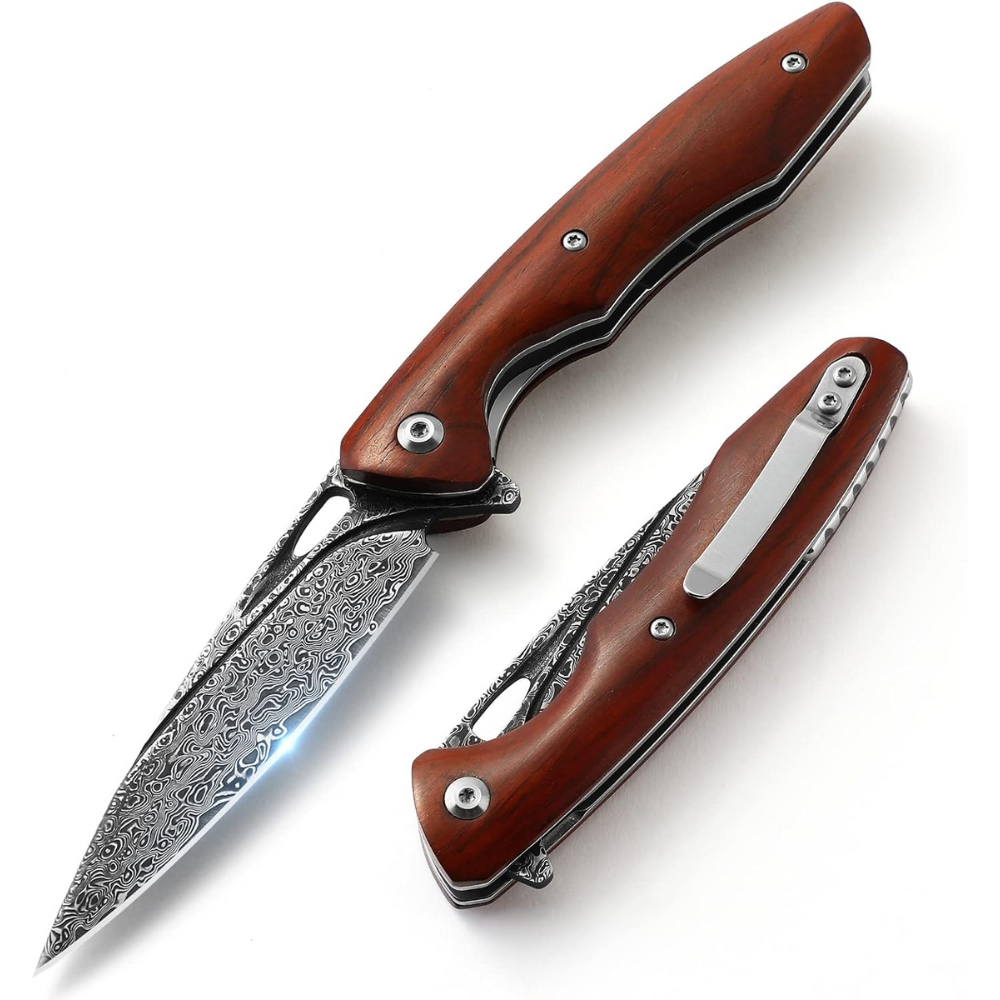
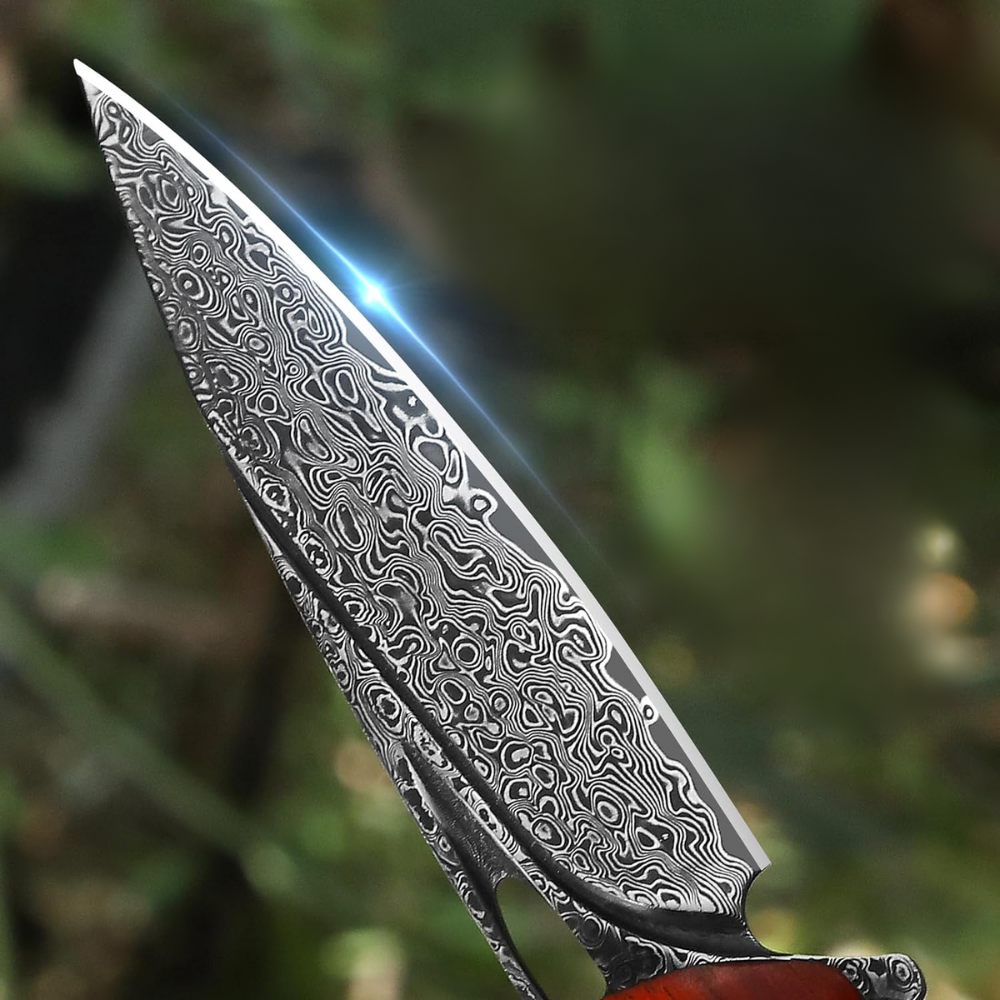
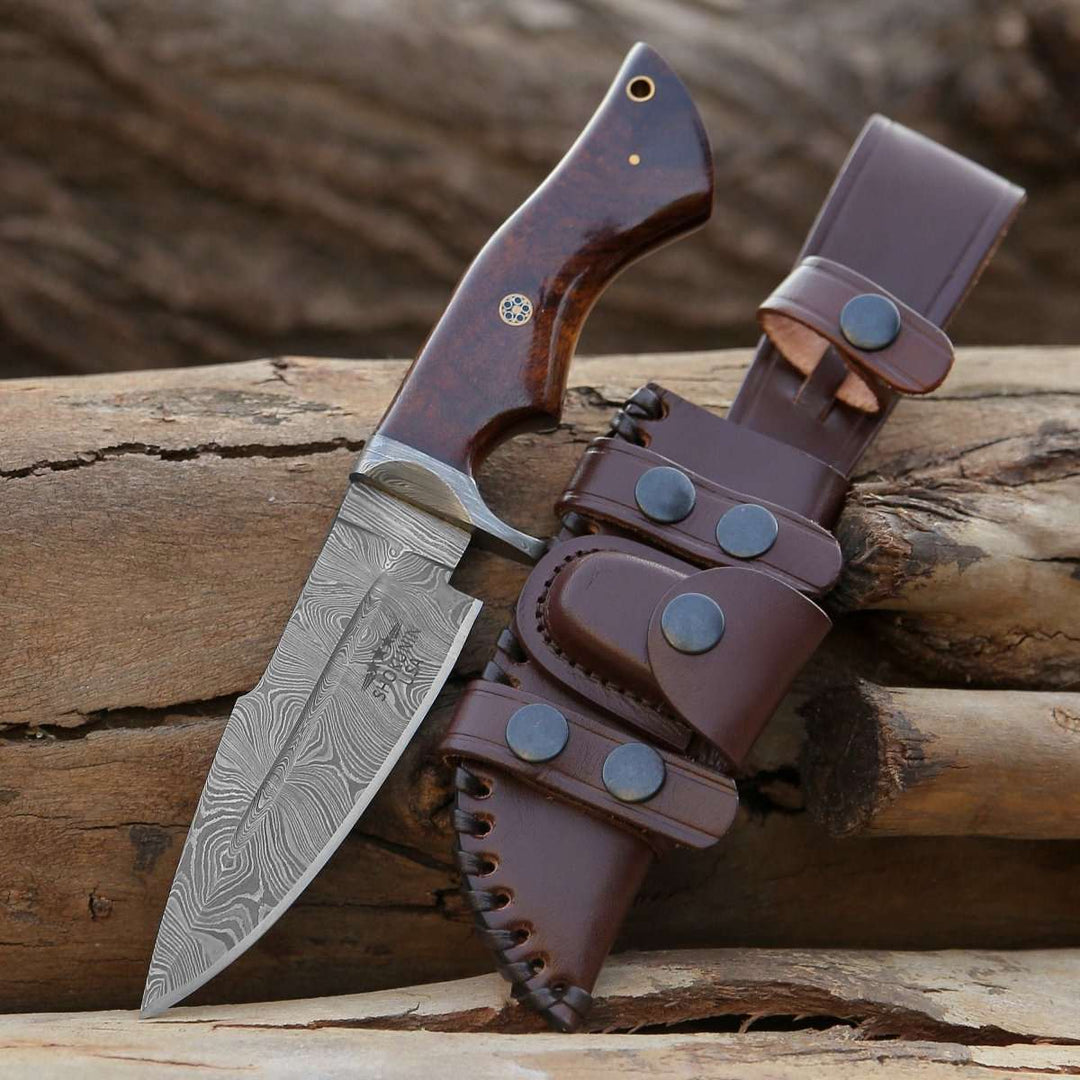
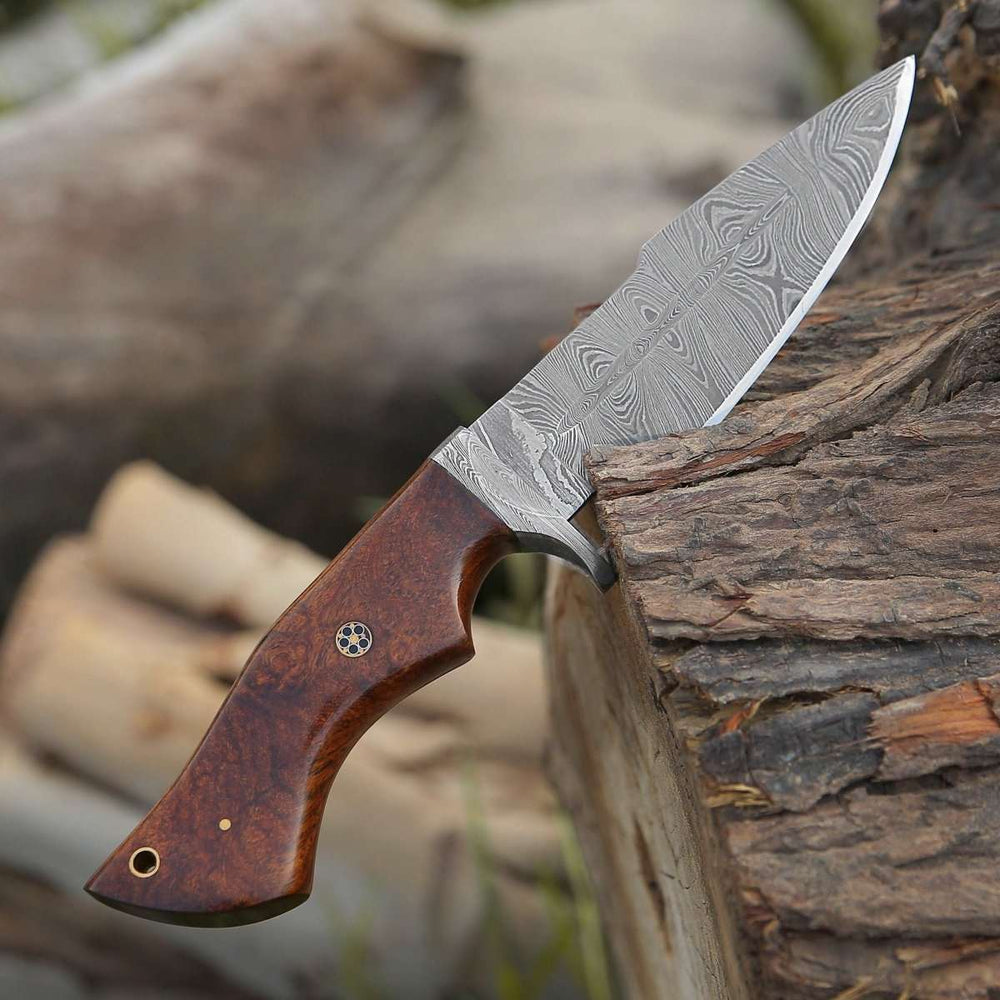
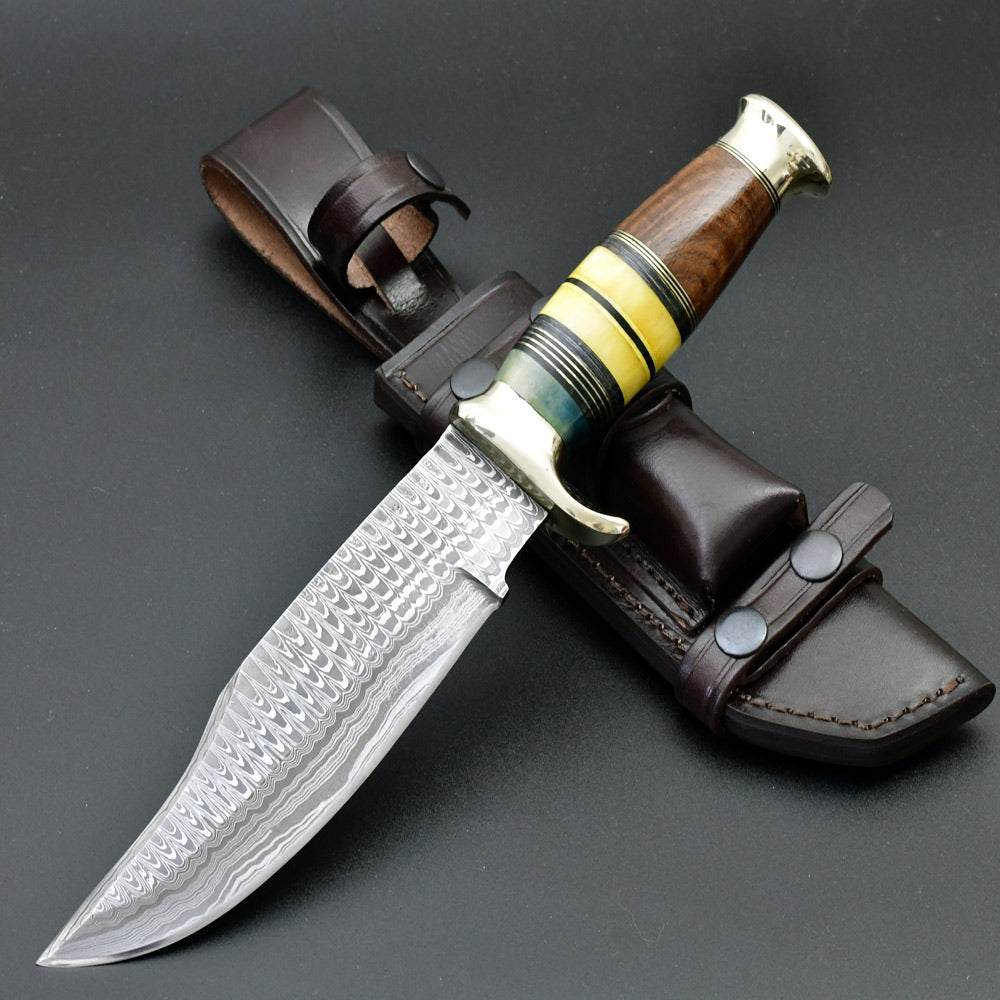
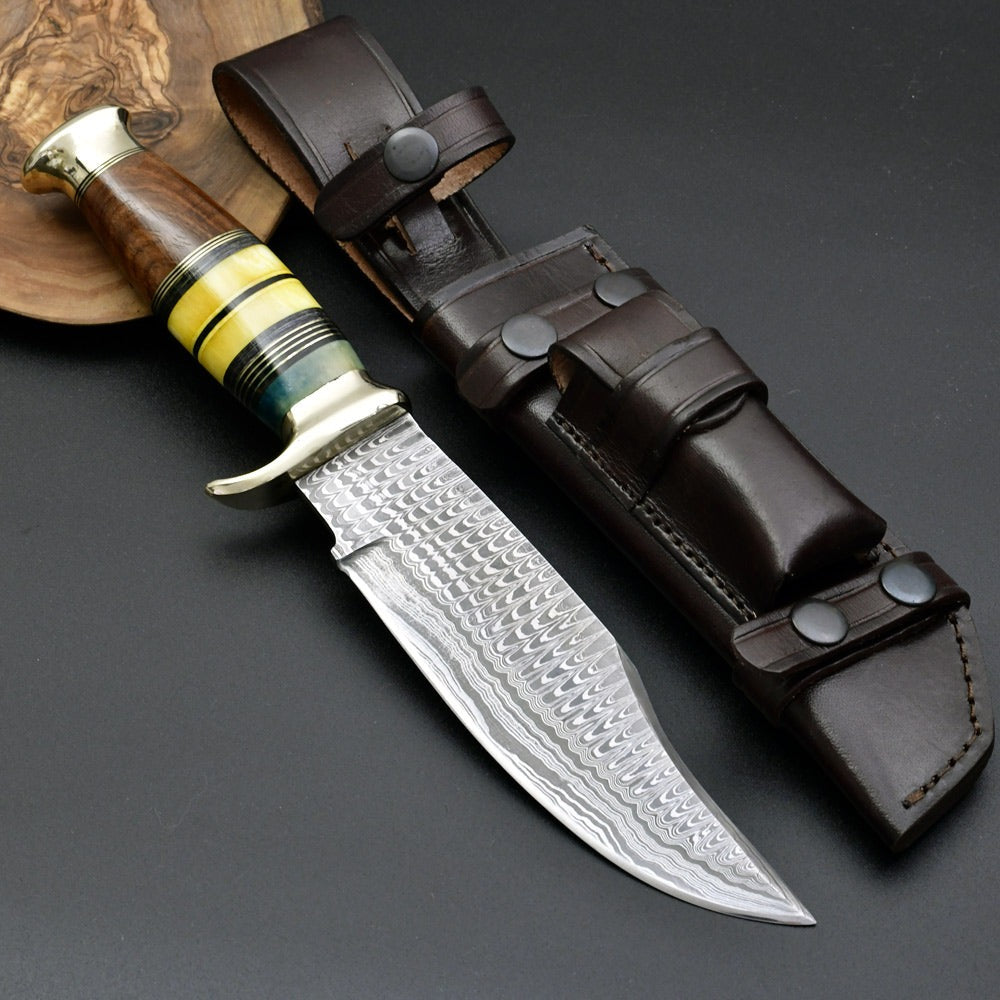
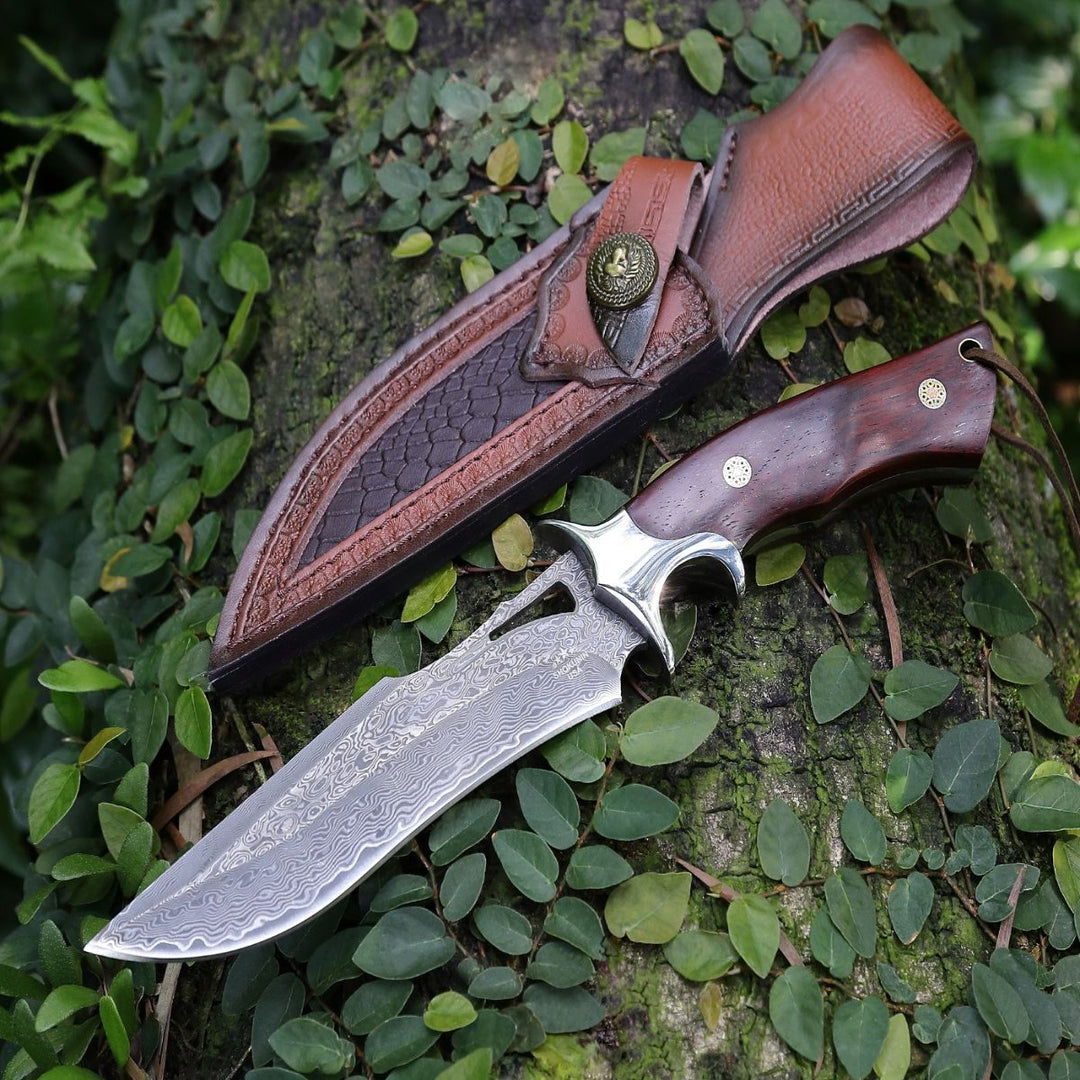
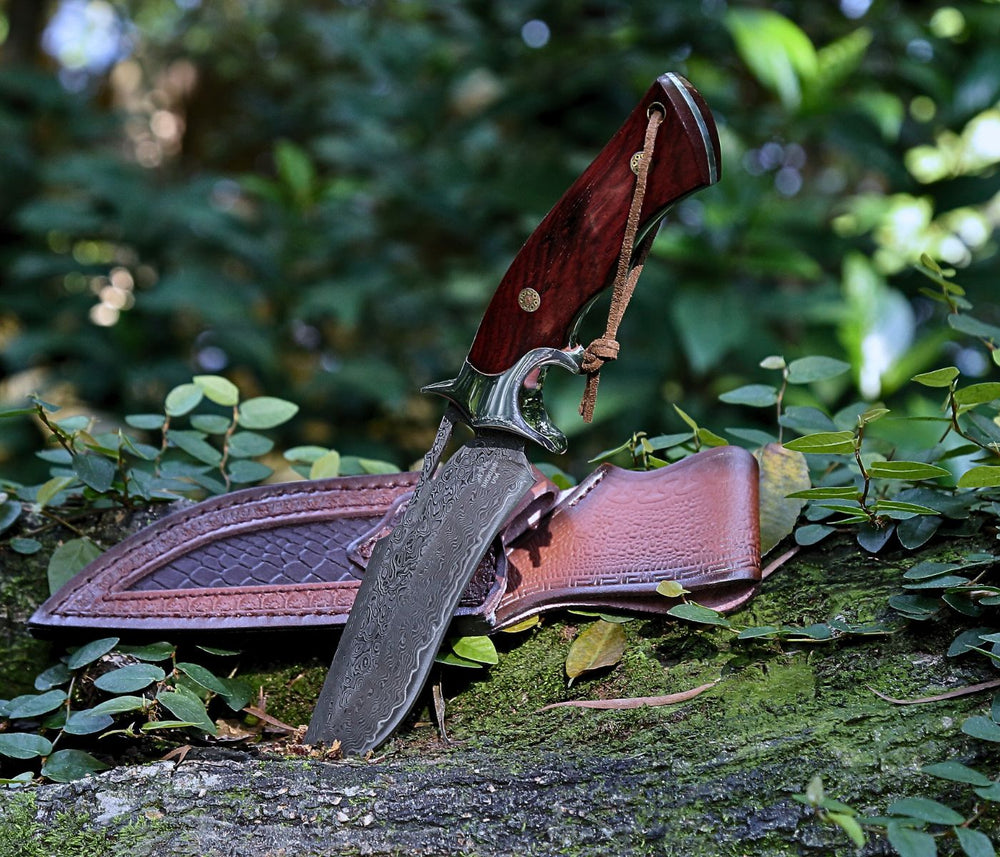
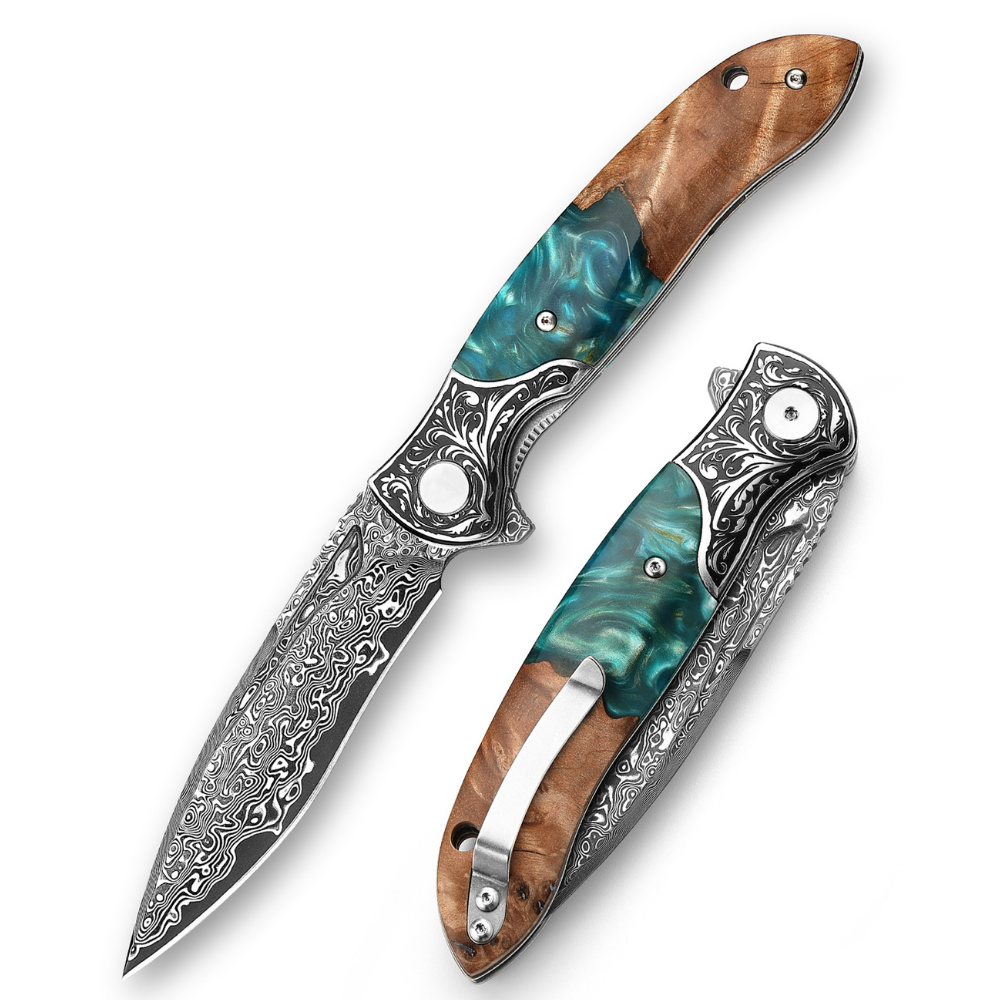

Leave a comment